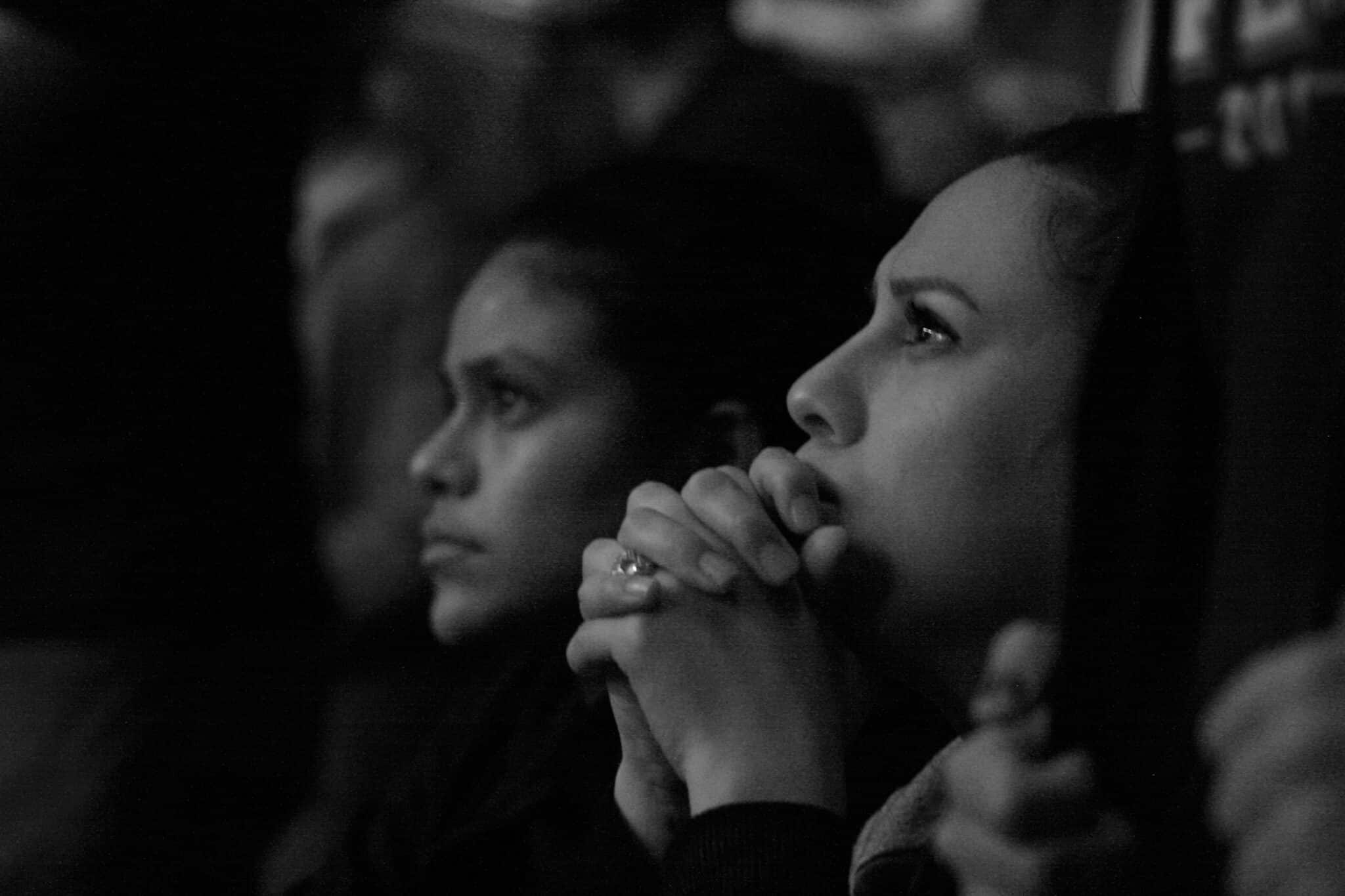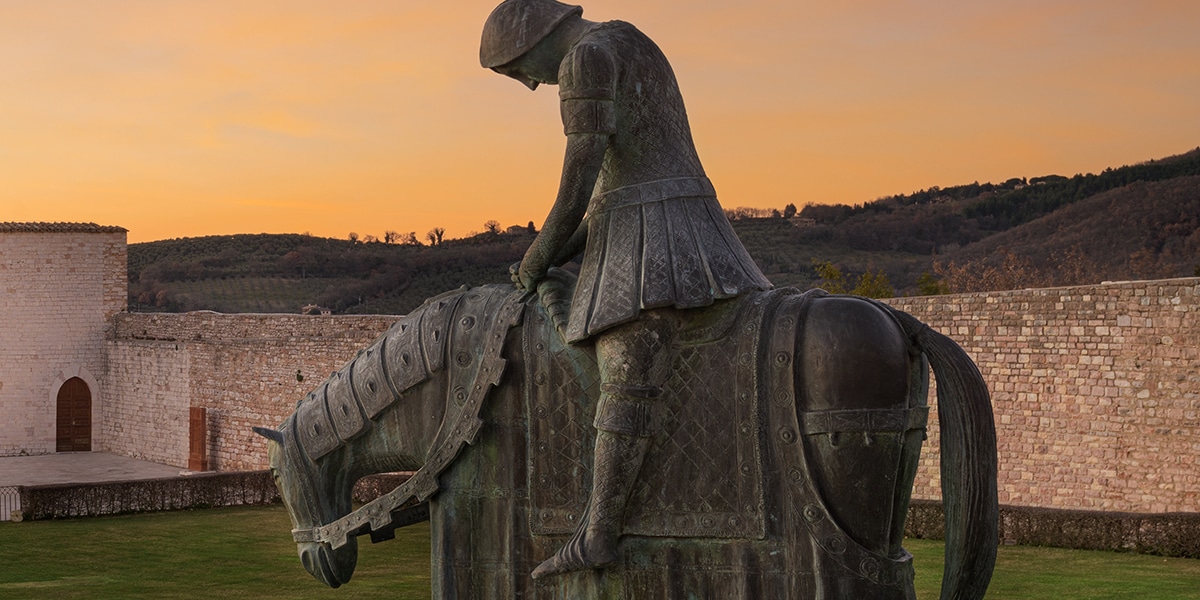The Latin word novena means “nine.” Novenas are a form of prayer in which a person, individually or with a group, prays for some special intention for nine days.
At some point in your life, for example, you may have made a novena to the Holy Spirit on the nine days before Pentecost in preparation for the feast. Mary and the disciples of Jesus did this in the Upper Room before God’s Spirit came upon them, even though they didn’t call it a novena (see Luke 24:49; Acts 1:4ff).
Novenas began in the early Middle Ages in Spain and France as a nine-day preparation before Christmas. The number nine represents the months Jesus lived in his mother’s womb.
Weekly and Monthly Novenas
This month is a popular month for devotees of St. Anthony of Padua to take part in novenas in preparation for his feast on June 13. Typically, this novena is prayed on the nine Tuesdays preceding Anthony’s feast.
Why Tuesdays? Because Anthony’s burial day—June 17, 1231—happened to fall on a Tuesday. Interestingly, popular customs are often influenced by very human circumstances like this. In some places, a 13-week “novena” is popular before the feast of Anthony. Why? Because Anthony died on the 13th of the month!
Back in the 1940s, when I was a Catholic elementary school student, novenas to the Sacred Heart were very popular. The practice was based on revelations that St. Margaret Mary Alacoque received from Christ. Catholics were encouraged to attend Mass on nine consecutive First Fridays and receive Communion in honor of the Sacred Heart of Jesus.
Among other novenas quite popular with Catholics have been those seeking the aid of Our Lady of Perpetual Help or of St. Jude the Apostle, the “saint of impossible causes.”
What Is the Right Attitude?
Some people contend that novenas border on the superstitious. In their eyes, the efficacy of such prayers seems to be based on the number nine, as if that number has magical power. Such superstitious attitudes, of course, must be avoided. We know that a prayer’s efficacy is not based on a person’s saying a prayer nine or 13 times. Rather, it is based on people’s earnestness and perseverance—on their trust in God or their confidence in Mary or in a saint like St. Anthony of Padua.
Perseverance—or trusting endurance—is the quality that reveals the petitioner’s faith, fervor and depth of love. Holding oneself to the discipline of “hanging in there” with a heartfelt request for a good number of days or weeks manifests an admirable amount of personal perseverance.
I am reminded of Jesus’ parable about the persistent individual who comes to his friend’s house at midnight, asking for bread because a visitor has arrived and he is out of bread. The friend says, “Don’t bother me.” Jesus points out that, if the petitioner doesn’t get his request granted because of friendship, he will get it because of his persistence (see Luke 11:5-9).
Novenas are prayers of loving perseverance! Whether praying for the good of another or for one’s own needs, those who pray in this spirit reveal their belief in the power of prayer and their trust in God and in the communion of saints.
Novenas
The custom of praying for a particular need on nine successive days may be traced to ancient pagans who prayed for a deceased person for nine days and then had a feast. The first Christian novena was celebrated before Christmas in Spain.
Some Christians point to the nine days between Jesus’ Ascension and Pentecost (not counting Ascension itself). The apostles, Mary and other women prayed in the Upper Room (see Acts 1:13- 26). In prayer, Matthias was chosen to replace Judas as an apostle. Modern novenas can be consecutive days, the same day for nine weeks or on the same day for nine months.
Next Month: Shrines and Pilgrimages








